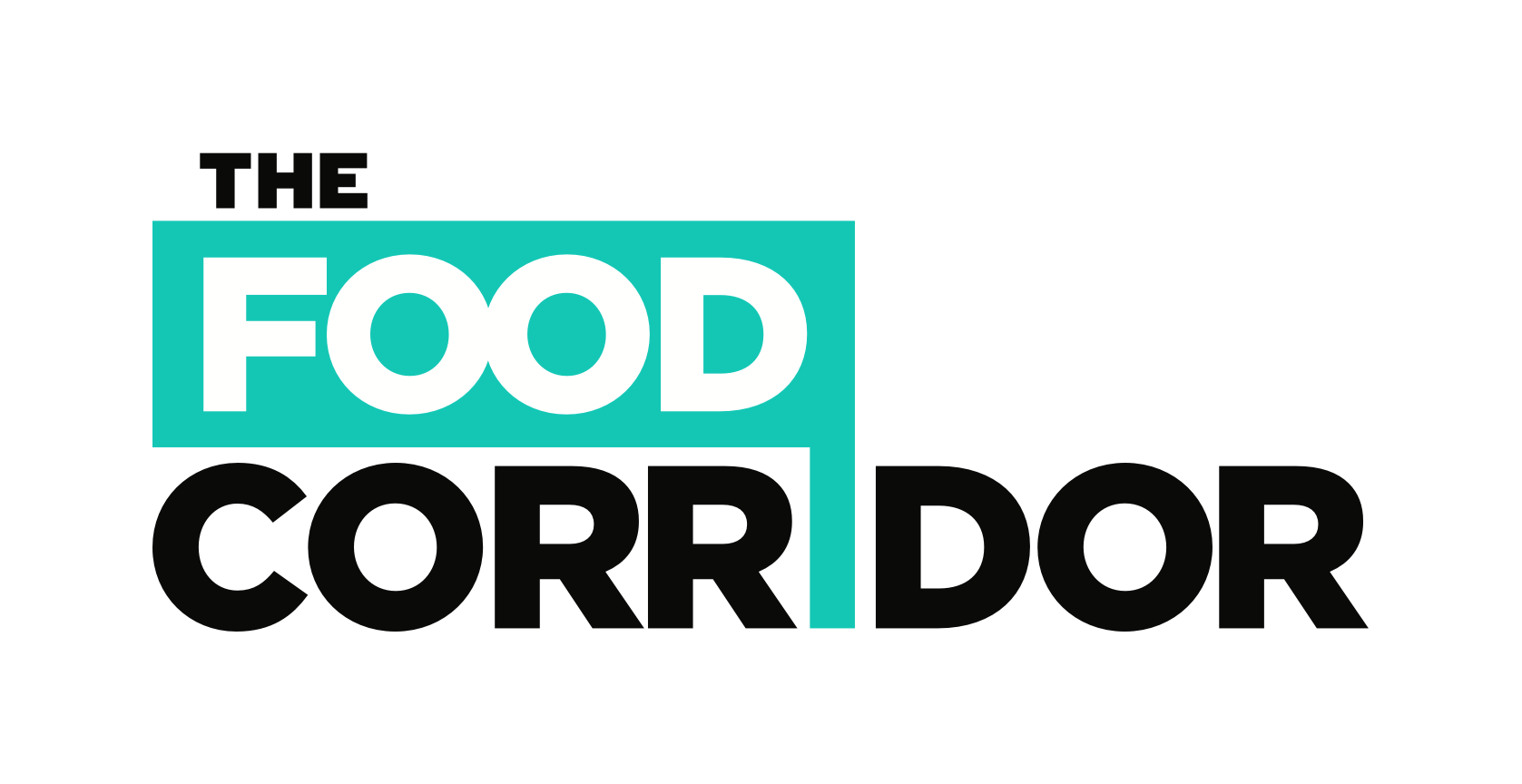Food Licenses, Regulations, and Requirements
Renting out a church kitchen can be a great way for a congregation to support its community while generating additional revenue. However, it involves several important considerations, especially when food service and food safety are involved. From obtaining the correct licenses to meeting health regulations, here’s a guide to the six critical factors that your church needs to address before renting out its kitchen.
1. Do Churches Need a Food License?
One of the most common questions churches face when considering kitchen rentals is: Does a church need a food license? The short answer is yes. If your kitchen will be used to prepare and sell food to the general public, a food license is required.
The exact requirements vary depending on your location. In most cases, you’ll need to obtain a retail food establishment license or a temporary food permit if you’re hosting short-term events like fundraisers. Contact your local health department or Department of Agriculture to verify the specific licenses required for your church kitchen.
2. Complying with Church Kitchen Regulations
Whether you’re renting to a small business, caterer, or nonprofit, your church kitchen must meet the same food establishment standards as any other commercial kitchen.
Churches are required to comply with both state and local health regulations. This includes proper sanitation, food storage, hand-washing stations, and fire safety systems. Regular inspections by the health department ensure that your kitchen meets these critical food safety requirements.
You’ll also need to develop a food safety plan, such as a HACCP, which ensures proper food handling, preparation, and storage to prevent foodborne illness in a mobile food environment.
How Often Can You Expect Inspections?
When renting out your church kitchen for fellowship events or to groups that prepare food, regular inspections are essential for maintaining public health standards. In the U.S., the frequency of inspections depends on the type of food service provided, but most kitchens that serve meals can expect at least one inspection per year. If your kitchen operates with more complex food preparation or high-volume events, inspections may occur more frequently. Stay in contact with your local health department to ensure compliance with all regulations.
3. Nonprofit Considerations: Will It Affect Your Tax Status?
One of the first questions churches must ask when renting out their kitchen is how this will impact their nonprofit status. Renting the kitchen to organizations or businesses may subject the church to Unrelated Business Income Tax (UBIT), especially if the rental income is unrelated to the church’s mission.
If you’re offering the kitchen for events like community meals or to a nonprofit organization with similar values, the income may be exempt from taxation. However, renting the kitchen for profit-based activities, like a wedding caterer, could jeopardize your tax-exempt status. It’s wise to consult with a tax professional to ensure compliance with nonprofit regulations.
4. Setting a Fair Market Rental Price
To avoid accusations of giving any unfair benefit, your church must charge a fair market price for kitchen rentals. The best way to figure out the going rate is to consult with local professionals or other commercial kitchens to figure out the local market conditions.
There are a number of churches already listed on The Kitchen Door, the country’s largest directory for shared commercial kitchens. This licensed church kitchen in Wakefield, Rhode Island, for example, lists details of the facilities, business hours, and going rates.
Researching businesses in your area, contacting realtors, and talking to other churches is the best way to figure out a fair price for your kitchen rental. You can also check out 5 Factors to Consider When Assessing your Local Market Conditions.
5. Kitchen Management and Documentation
Successfully renting out a church kitchen requires efficient management. You’ll need a system to track scheduling, contracts, and kitchen maintenance. Establish clear rules for kitchen use, including responsibilities for food preparation, cleaning, and equipment handling.
A comprehensive lease agreement or event use agreement is necessary to define the terms of rental, whether the kitchen is rented for one-time use or for regular events. Additionally, maintaining detailed documentation of rental agreements and health code compliance will help protect your church from potential legal issues.
The Food Corridor is a trusted source of resources and tools for shared kitchen operators of all kinds, including industry reports, toolkits, and how-to guides. In fact, our Shared Kitchen Operations Manual is the most comprehensive set of policies and procedures available.
The Food Corridor’s shared kitchen management software has been developed specifically for the purpose of renting a commercial kitchen. It takes the pain out of running a commercial kitchen rental space, with all the tools and features you’ll need.
6. Vetting Potential Renters
It’s essential to carefully vet any organization or business that will be using your church kitchen. Consider aligning with groups that share your church’s values and mission. For example, renting to a nonprofit civic organization may strengthen your church’s community presence while avoiding conflicts.
For any commercial kitchen, avoiding problem tenants is a priority and it’s easier said than done. Attracting the right tenants keeps your kitchen community strong and prevents issues down the road.
As a church with its own values and mission, it’s even more important to be careful who you do business with. Your values should be aligned with renters and they should be on board with your mission. Getting the right mix is vital to maintain a healthy and respectful culture in your kitchen.
Creating a set of guidelines for renters, such as ensuring they adhere to all local health department requirements, can prevent problems and maintain the integrity of your kitchen space.
Renting Your Church Kitchen? Head for The Kitchen Door
There’s a lot to consider when renting out a church kitchen. If you’ve taken all the above considerations into account and you’re ready to rent, then you’ll want to make the most of the opportunity.
The Kitchen Door promotes hundreds of commercial kitchens in the US and Canada. It’s the #1 ranked website on Google for searches like “find a shared kitchen near me.” This helps your church get maximum exposure to food businesses looking for space to rent.
And because it’s connected to The Food Corridor, you get access to a free Leads Manager dashboard, which helps you manage all your food business leads, in one place.
If you need any help or guidance on your journey to renting out your church kitchen, The Food Corridor has a host of resources to make sure you’re singing from the right hymn sheet.
Get going with The Shared Kitchen Resources Starter Pack and be sure to check out the resources page for the full range of toolkits, reports and guides. And if you are searching for a community of shared kitchen operators to support you, head over to the Network for Incubator and Commissary Kitchens.
Conclusion
Renting out your church kitchen offers many benefits, including additional revenue and stronger community ties. However, it requires careful attention to regulations, licensing, and food safety standards. By addressing these six factors, your church can successfully rent its kitchen while staying compliant with local laws and maintaining its nonprofit status.


